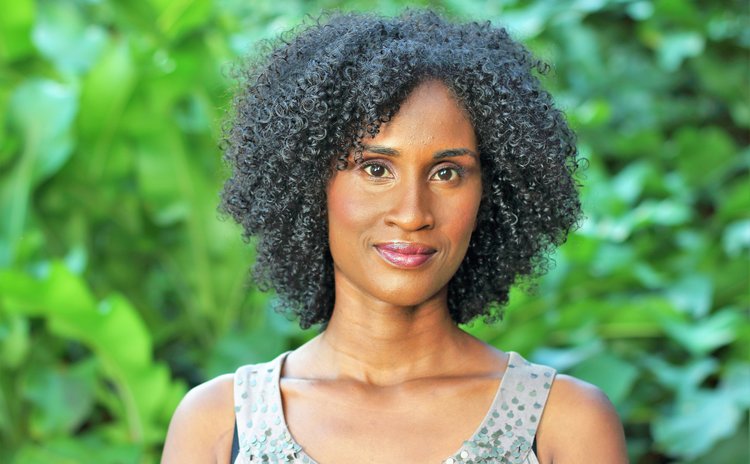Teaching Sexuality in Caribbean Schools
By Farah Theodore

Comprehensive Sexuality Education (CSE) and its introduction into the school curriculum in island states, such as Barbados and Trinidad and Tobago, has hit a nerve among a cross-section of West Indian society. The indoctrination of children into the sexually 'perverse' ideology of the LGBTQIA2S+ agenda proves a nightmare to many. What exactly is this Comprehensive Sexuality Education, and how far-reaching are its objectives?
UNESCO describes CSE as a curriculum-based process of teaching and learning about the cognitive, emotional, physical and social aspects of sexuality. Proponents of CSE suggest that the absence of such education leaves many children and young people vulnerable to harmful sexual behaviours and sexual exploitation. Therefore, UNESCO, WHO and others claim that CSE presents sexuality positively, emphasising values such as respect, inclusion, non-discrimination, equality, empathy, responsibility and reciprocity.
At a meeting entitled "Challenges in sexual and reproductive health: Technical consultation on sexual health" in 2002, the WHO developed a framework that "contextualises an internationally agreed set of ideas concerning what constitutes sexual health and what factors influence sexual health and discusses how the concept of sexual health can best be promoted in health programs". It is no surprise, therefore, that this emphasises the need for governments to promote healthy sexuality throughout the individual's lifespan and to offer sexual health services that are appropriate, affordable, accessible and of good quality to all persons and without stigma or discrimination based on sex, race, ethnicity, age, lifestyle, income, sexual orientation or gender expression.
Sexual health is vital to the physical, emotional health and well-being of individuals, couples and families and the social and economic development of communities and countries. According to the WHO, "Sexual health encompasses the rights of all persons to have the knowledge and opportunity to pursue a safe and pleasurable sexual life".
Stressing the need for "governments to promote healthy sexuality" may seem intrusive to some, in light of observations that "laws and policy may be obstructive, or heavily influenced by restrictive cultural norms". Concerns have been expressed about the erasure of the authority of parents, religion, culture etc. In a Report of the Special Rapporteur on the Right to Education, A/65/162, CSE should not be obstructed in the name of religious and cultural values and beliefs, mostly related to the persistence of patriarchalism. In the Beijing Platform for Action states confirmed that the "human rights of women include their right to have control over and decide freely and responsibly on matters related to their sexuality, including sexual and reproductive health, free of coercion, discrimination and violence". Reproductive rights, sexual and reproductive health services, information and education, are recognised by the Convention on the Elimination of all forms of Discrimination Against Women (CEDAW), as well as agreed in the 2030 Agenda.
"There is regret that certain women and girls, such as adolescents, rural girls, indigenous girls, girls living with disabilities, or in poverty, as well as lesbian girls, gay, bisexual, intersex and trans and other gender diverse persons, and other groups such as sex workers, continue to face multiple and intersecting forms of discrimination and confront greater barriers to sexual and reproductive health and rights compared with national averages" (WHO, Social Determinants of Sexual and Reproductive Health: Informing Future Research and Program Implementation (Geneva,2010)).
In 2016, the Committee on Economic, Social and Cultural Rights (CESCR) explained that sexual and reproductive freedoms include "the right to control one's health and body and the right to make free and responsible decisions and choices, free of violence, coercion and discrimination, regarding matters concerning one's own body and sexual and reproductive health". In this regard, the Committee stated that the right to sexual and reproductive health entails "a right to education on sexuality and reproduction that is comprehensive, non-discriminatory, evidence-based, scientifically accurate and age-appropriate".
A new sociological concept called "Intimate Citizenship" describes the realisation of civil rights in civil society and covers sexual preferences, sexual orientations, differing versions of masculinity and femininity, various forms of relationships and various ways in which parents and children live together. "Intimate citizenship focuses on equality of social and economic status for individuals, who maintain autonomy in their lives while respecting the boundaries of others" (Plummer (2001), Schmidt (2004), Weeks (1998)). The entitlement to sexual and human rights strengthens the individual against intrusions by the family or society. Recognising and taking into account sexual rights is essential (WHO(2006) and International Planned Parenthood Federation (IPPF)(2008)).
It is evident that the development and imposition of CSE is underpinned by supranational organisations. Nevertheless, such frameworks, agreements etc., can be created only by consent of those whom it would govern and can rarely coerce States who would not be bound. It's about time Principle 10 of the Rio Declaration is invoked to engage the public to decide on a path forward.
(To be continued)




